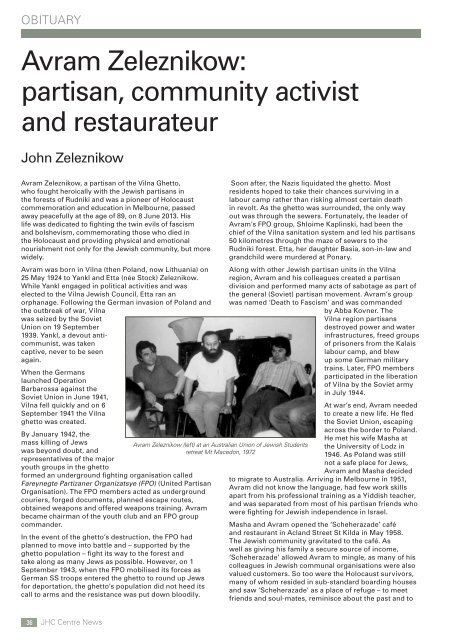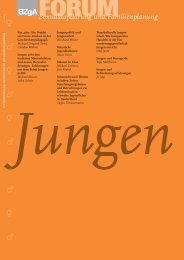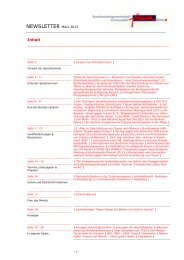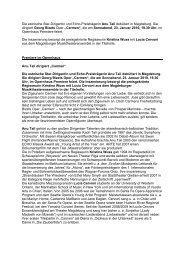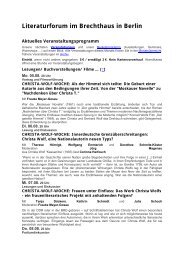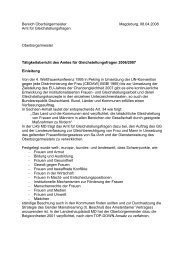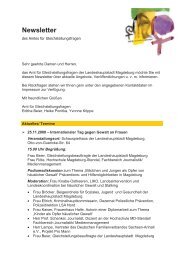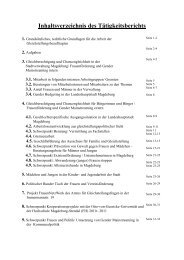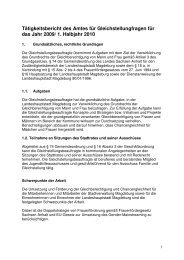Raoul Wallenberg becomes Australia's first honorary citizen
Raoul Wallenberg becomes Australia's first honorary citizen
Raoul Wallenberg becomes Australia's first honorary citizen
You also want an ePaper? Increase the reach of your titles
YUMPU automatically turns print PDFs into web optimized ePapers that Google loves.
OBITUARY<br />
Avram Zeleznikow:<br />
partisan, community activist<br />
and restaurateur<br />
John Zeleznikow<br />
Avram Zeleznikow, a partisan of the Vilna Ghetto,<br />
who fought heroically with the Jewish partisans in<br />
the forests of Rudniki and was a pioneer of Holocaust<br />
commemoration and education in Melbourne, passed<br />
away peacefully at the age of 89, on 8 June 2013. His<br />
life was dedicated to fighting the twin evils of fascism<br />
and bolshevism, commemorating those who died in<br />
the Holocaust and providing physical and emotional<br />
nourishment not only for the Jewish community, but more<br />
widely.<br />
Avram was born in Vilna (then Poland, now Lithuania) on<br />
25 May 1924 to Yankl and Etta (née Stock) Zeleznikow.<br />
While Yankl engaged in political activities and was<br />
elected to the Vilna Jewish Council, Etta ran an<br />
orphanage. Following the German invasion of Poland and<br />
the outbreak of war, Vilna<br />
was seized by the Soviet<br />
Union on 19 September<br />
1939. Yankl, a devout anticommunist,<br />
was taken<br />
captive, never to be seen<br />
again.<br />
When the Germans<br />
launched Operation<br />
Barbarossa against the<br />
Soviet Union in June 1941,<br />
Vilna fell quickly and on 6<br />
September 1941 the Vilna<br />
ghetto was created.<br />
By January 1942, the<br />
mass killing of Jews<br />
was beyond doubt, and<br />
representatives of the major<br />
youth groups in the ghetto<br />
formed an underground fighting organisation called<br />
Fareynegte Partizaner Organizatsye (FPO) (United Partisan<br />
Organisation). The FPO members acted as underground<br />
couriers, forged documents, planned escape routes,<br />
obtained weapons and offered weapons training. Avram<br />
became chairman of the youth club and an FPO group<br />
commander.<br />
In the event of the ghetto’s destruction, the FPO had<br />
planned to move into battle and – supported by the<br />
ghetto population – fight its way to the forest and<br />
take along as many Jews as possible. However, on 1<br />
September 1943, when the FPO mobilised its forces as<br />
German SS troops entered the ghetto to round up Jews<br />
for deportation, the ghetto’s population did not heed its<br />
call to arms and the resistance was put down bloodily.<br />
Avram Zeleznikow (left) at an Australian Union of Jewish Students<br />
retreat Mt Macedon, 1972<br />
Soon after, the Nazis liquidated the ghetto. Most<br />
residents hoped to take their chances surviving in a<br />
labour camp rather than risking almost certain death<br />
in revolt. As the ghetto was surrounded, the only way<br />
out was through the sewers. Fortunately, the leader of<br />
Avram’s FPO group, Shloime Kaplinski, had been the<br />
chief of the Vilna sanitation system and led his partisans<br />
50 kilometres through the maze of sewers to the<br />
Rudniki forest. Etta, her daughter Basia, son-in-law and<br />
grandchild were murdered at Ponary.<br />
Along with other Jewish partisan units in the Vilna<br />
region, Avram and his colleagues created a partisan<br />
division and performed many acts of sabotage as part of<br />
the general (Soviet) partisan movement. Avram’s group<br />
was named ‘Death to Fascism’ and was commanded<br />
by Abba Kovner. The<br />
Vilna region partisans<br />
destroyed power and water<br />
infrastructures, freed groups<br />
of prisoners from the Kalais<br />
labour camp, and blew<br />
up some German military<br />
trains. Later, FPO members<br />
participated in the liberation<br />
of Vilna by the Soviet army<br />
in July 1944.<br />
At war’s end, Avram needed<br />
to create a new life. He fled<br />
the Soviet Union, escaping<br />
across the border to Poland.<br />
He met his wife Masha at<br />
the University of Lodz in<br />
1946. As Poland was still<br />
not a safe place for Jews,<br />
Avram and Masha decided<br />
to migrate to Australia. Arriving in Melbourne in 1951,<br />
Avram did not know the language, had few work skills<br />
apart from his professional training as a Yiddish teacher,<br />
and was separated from most of his partisan friends who<br />
were fighting for Jewish independence in Israel.<br />
Masha and Avram opened the ‘Scheherazade’ café<br />
and restaurant in Acland Street St Kilda in May 1958.<br />
The Jewish community gravitated to the café. As<br />
well as giving his family a secure source of income,<br />
‘Scheherazade’ allowed Avram to mingle, as many of his<br />
colleagues in Jewish communal organisations were also<br />
valued customers. So too were the Holocaust survivors,<br />
many of whom resided in sub-standard boarding houses<br />
and saw ‘Scheherazade’ as a place of refuge – to meet<br />
friends and soul-mates, reminisce about the past and to<br />
36<br />
JHC Centre News


